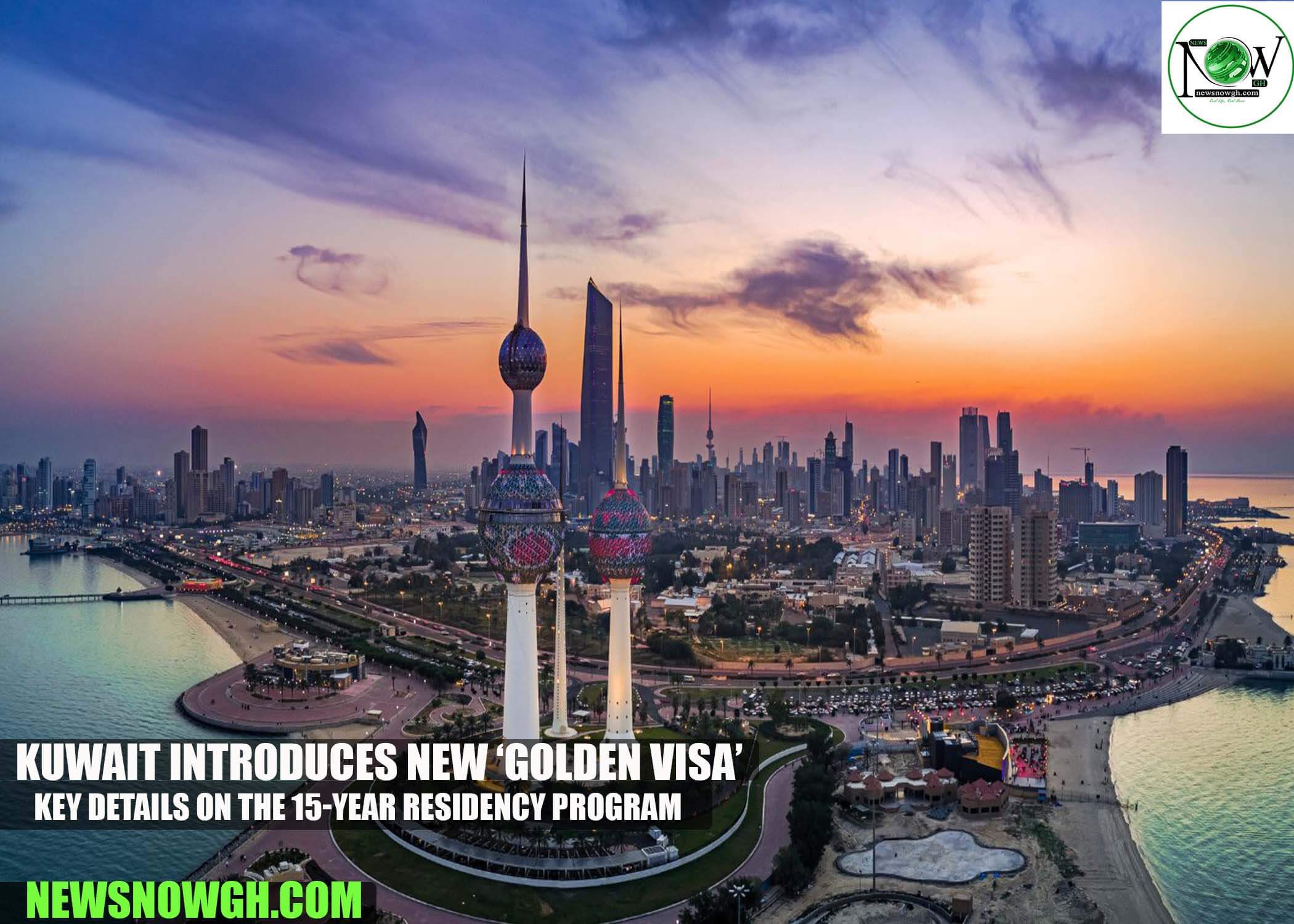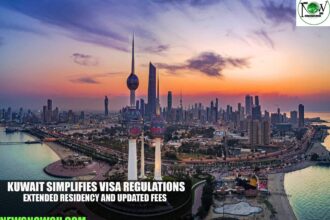Kuwait Introduces New ‘Golden Visa’: Key Details on the 15-Year Residency Program
Kuwait has recently updated its residency policies by introducing a new long-term residency program, offering permits of up to 15 years. This initiative targets investors, property owners, and children of Kuwaiti women, aiming to attract global talent and wealth. The strategy seeks to provide greater stability for eligible expatriates while maintaining the standard residency option at five years.
The government’s changes create a tiered residency model. While ordinary residency remains limited to five years, certain groups can qualify for extensions of 10 or 15 years under new regulations. This reform is designed to enhance the stability of foreigners who invest or have family connections in Kuwait, making the nation more appealing to skilled professionals and business leaders.
Overview of Kuwait’s Long-Term Residency Changes
Kuwait’s new residency system represents a significant reform, introducing a structured program to attract top international talent. This change is not merely an extension of visas; it is a strategic measure to enhance the economy while ensuring long-term stability for expatriates who contribute to the country’s growth.
The new regulations fall under Article 7 of the Executive Regulations of the Law on the Residence of Foreigners. Recently approved by Sheikh Fahad Al Yousef, the First Deputy Prime Minister and Minister of Interior, these rules have two main objectives:
- Encouraging Foreign Investment: Kuwait aims to secure economic involvement and capital inflow for up to 15 years.
- Strengthening Security: The regulations offer more predictability and protection for critical groups, including family members and property owners.
Categories and Conditions for Residency
The updated law defines three residency tiers, allowing eligible foreigners to stay for varying durations:
| Residency Duration | Eligible Category | Key Condition |
| Up to 15 Years | Foreign Investors | Must meet criteria under Law No. 116 of 2013 linked to investment value. |
| Up to 10 Years | Family & Property Owners | Includes foreign children of Kuwaiti women and expats who own property. |
| Up to 5 Years | Most Foreign Residents | Applies to most expatriates under the standard sponsorship system. |
While five years is the default duration for most workers, high-value groups now enjoy the prospect of unprecedented long-term stability.
Crucial Regulations to Consider
The new residency laws come with essential requirements and crucial flexibility updates:
- Mandatory Health Insurance: All residents must provide proof of valid health insurance to obtain, renew, or transfer permits. The residency permit cannot exceed the duration of health insurance coverage.
- Family Sponsorship Flexibility: Kuwaiti women can now sponsor residency for their foreign husbands and children. Additionally, foreign widows or divorcees of Kuwaiti citizens with children are eligible for residence permits.
- Revised Stay Regulations: Typically, a foreigner’s residency expires after six months outside Kuwait. This rule is waived for holders of new extended permits, including investors and property owners.
- Updated Documentation Timelines: The deadline for notifying authorities of a newborn and obtaining residency has been extended from two months to four months.
Conclusion
Kuwait’s overhaul of its long-term residency system marks a significant reform aimed at attracting and retaining foreign talent. By extending stability to investors and property owners, the government signals its intent for a more open and investment-friendly future. As this new system rolls out, Kuwait clearly communicates its desire for lasting partnerships with expatriates, aimed at promoting sustainable economic growth.
READ MORE
- Austria to Introduce New Cross-Border Work Permit Starting December 2025
- Iran Ends Visa-Free Travel for Indians from November 22: Visa Now Mandatory
- Bulgaria to Offer Long-Term D Visa Services in Six Indian Cities Starting November 2025
- Hong Kong Broadens Short-Term Visa-Free (STV) Program to Cover 17 Industry Sectors
- Australia Launches 3,000 MATES Visa Opportunities for Young Indian Professionals
- Poland Set to Increase Minimum Wage and Work Permit Salary Requirements Starting 2026









